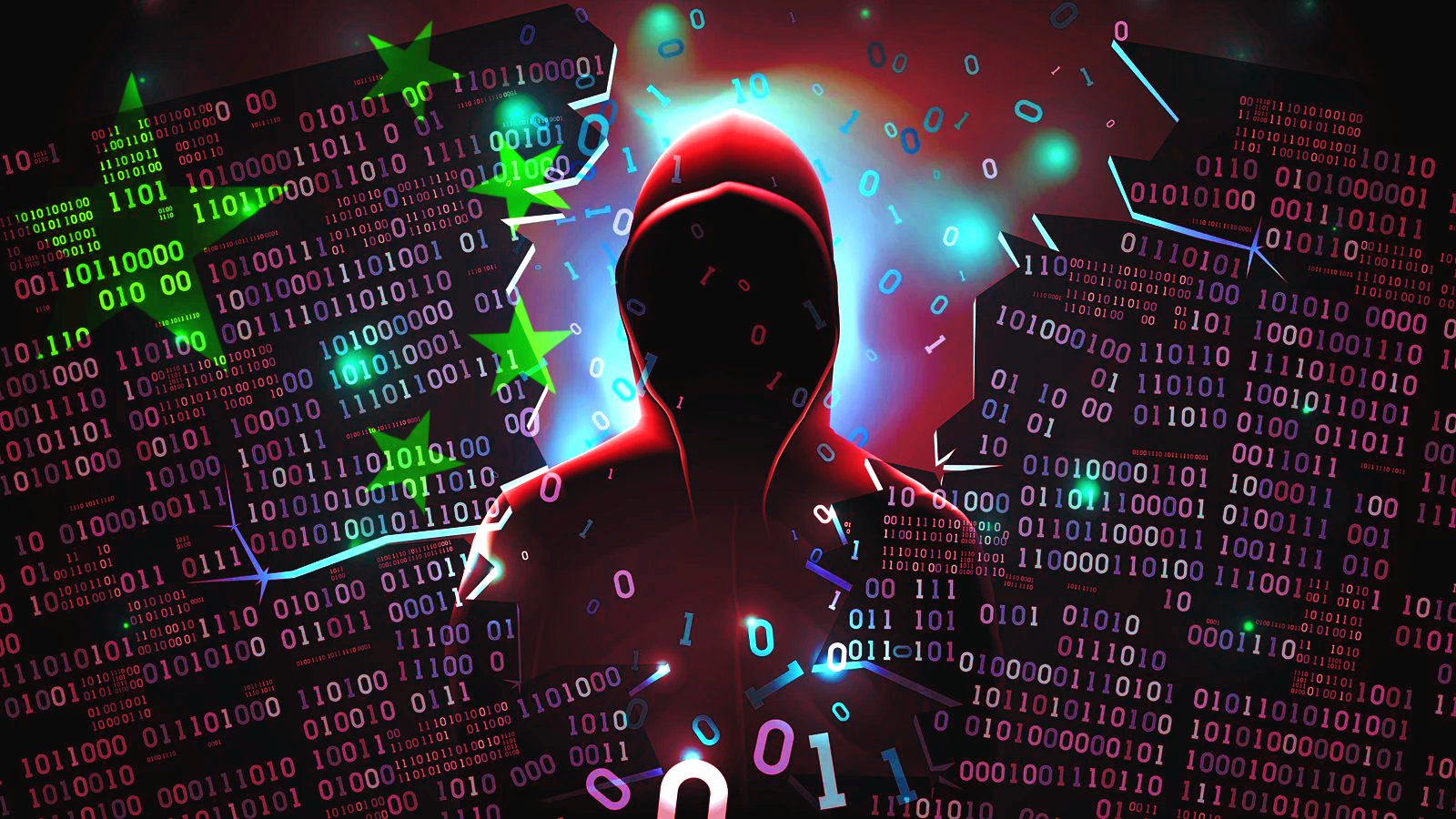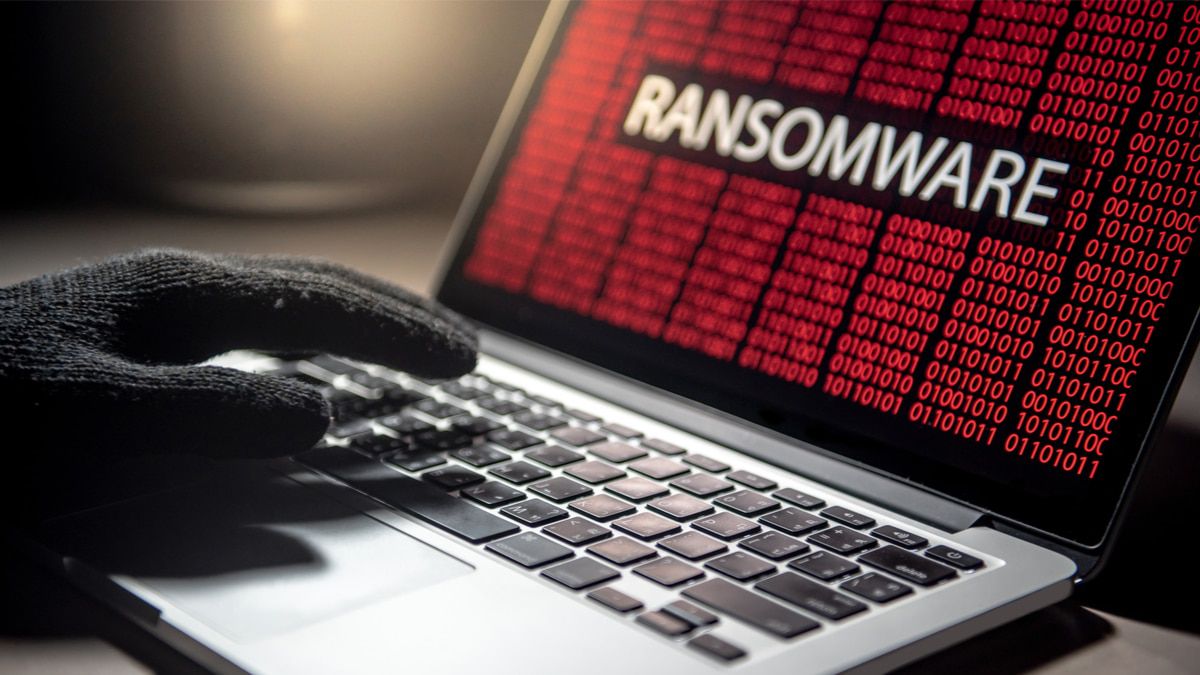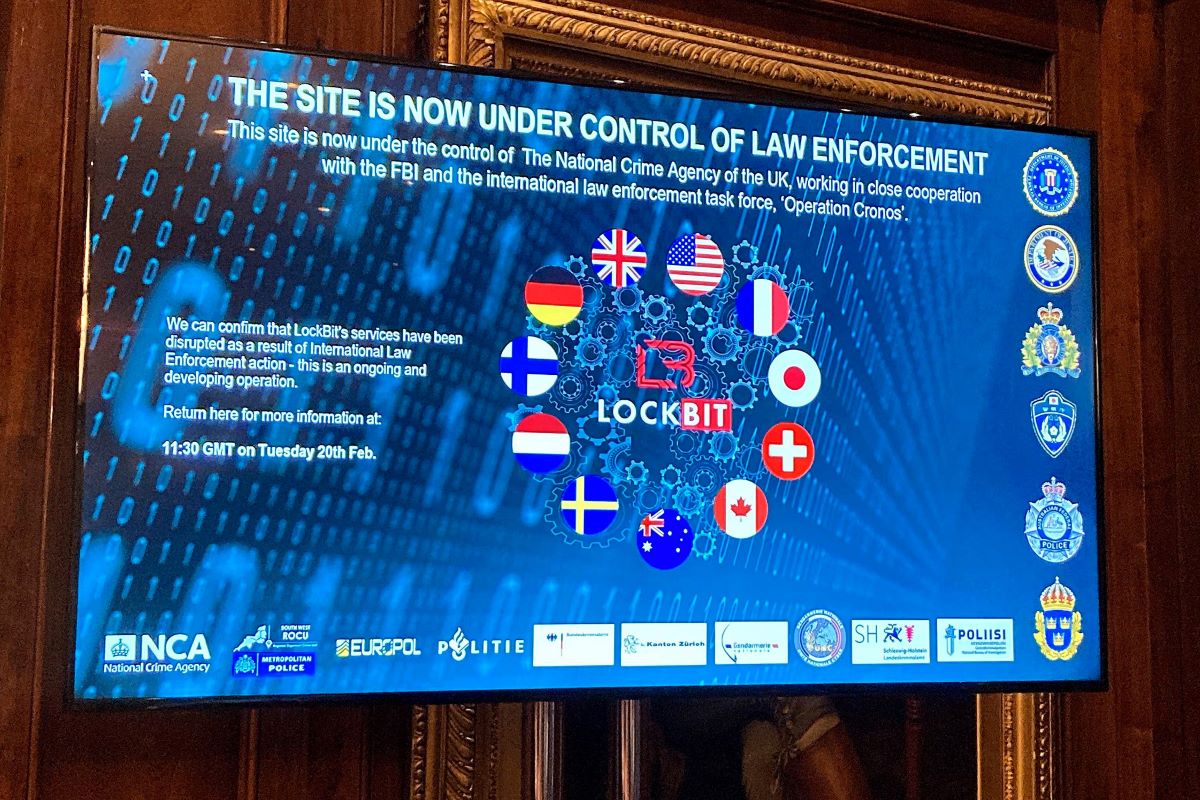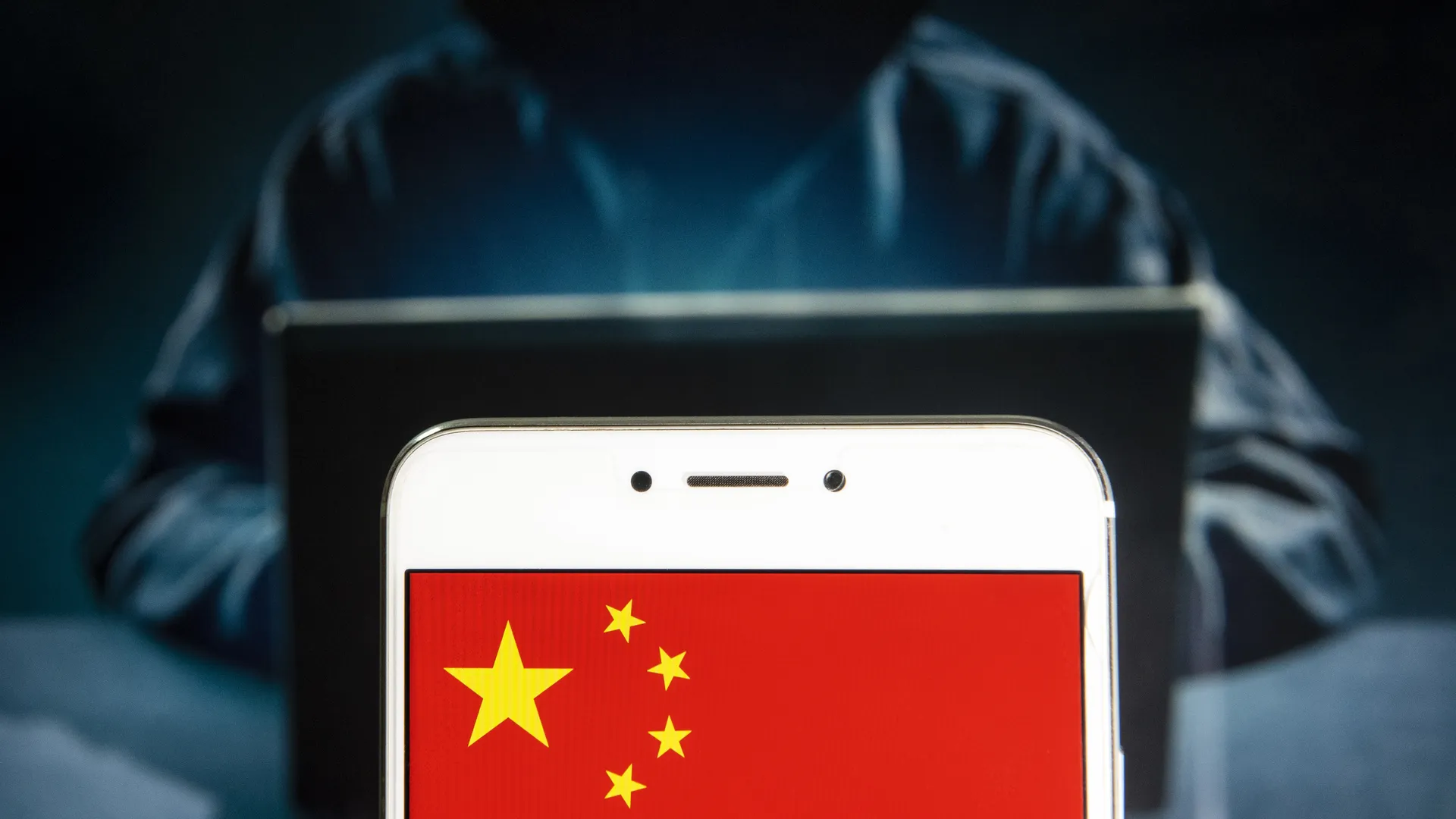The U.S. government, along with 48 other countries and international organizations, has made a historic pledge to never pay ransom demands to discourage financially motivated hackers and ransomware gangs. During the third annual meeting of the International Counter Ransomware Initiative (CRI), the largest cybersecurity coalition in the world led by the United States, the joint pledge was announced as part of a broader effort to enhance international cooperation in combatting the growing threat of ransomware attacks.
Key Takeaway
The U.S.-led cybersecurity coalition, comprised of 48 countries and international organizations, has pledged not to pay ransom demands in an effort to counter the growing threat of ransomware attacks. The initiative aims to disrupt the illicit financial ecosystem that fuels these cyberattacks.
A United Front Against Ransom Payments
The pledge, detailed by U.S. Deputy National Security Advisor Anne Neuberger, has resulted in dozens of members signing a policy statement declaring their governments’ commitment not to pay ransom demands. While the pledge stops short of banning companies from making ransom payments, the goal of the initiative is to disrupt the illicit financial ecosystem that sustains ransomware attacks.
The Urgency to Break the Cycle
Ransomware attacks have reached an all-time high, with victims continuing to pay ransoms, enabling the profitability of cybercriminals. Chainalysis, a blockchain analysis firm, reveals that ransomware groups already received $449 million in payments from victims in the first half of this year. If this trend continues, the total figure for 2023 could surpass $900 million, making it the second-most lucrative year for ransomware actors after 2021.
The anti-ransom payment pledge is a significant step towards breaking this vicious cycle. While not all 48 members have yet agreed to the pledge, efforts are underway to secure their commitment. The final details of the pledge, including how member states will be held accountable and potential consequences for ransom payments, are still being worked out.
The Risks of Ransom Payments
U.S. Deputy National Security Advisor Anne Neuberger emphasized during the announcement that paying a ransom not only encourages future attacks but also does not guarantee the safe return of stolen data or ensure that all copies have been erased. Cybersecurity experts have found that companies with robust backup systems are often able to recover more quickly than those who opt to pay the ransom. Neuberger stressed the importance of implementing basic cybersecurity measures, such as maintaining backups and following best practices.
Additional Measures in the Fight Against Ransomware
Alongside the no-ransom payment pledge, the International Counter Ransomware Initiative also unveiled several measures to strengthen members’ ability to combat ransomware attacks:
- Shared Denylist: The coalition will share information on digital wallets used for ransomware payments, enabling quick identification and tracking of these transactions.
- Information-Sharing Platforms: Two new platforms will facilitate the rapid exchange of data regarding ransomware operators, their tools, and their techniques among coalition members.
- AI-Driven Blockchain Analysis: Members will leverage artificial intelligence to analyze blockchains and identify ransomware payments made through cryptocurrency platforms.
Through these initiatives, the coalition aims to create a united front against ransomware attacks. By sharing information and coordinating responses, member countries can defend against attacks more effectively, minimizing the impact and disruption caused by cybercriminals.
As governments continue to address the evolving threat of ransomware attacks, the joint pledge to not pay ransom demands represents a significant step towards disrupting the financial incentives that fuel cybercriminals. By working together, the international cybersecurity community hopes to create a safer digital landscape for individuals, businesses, and governments alike.

























